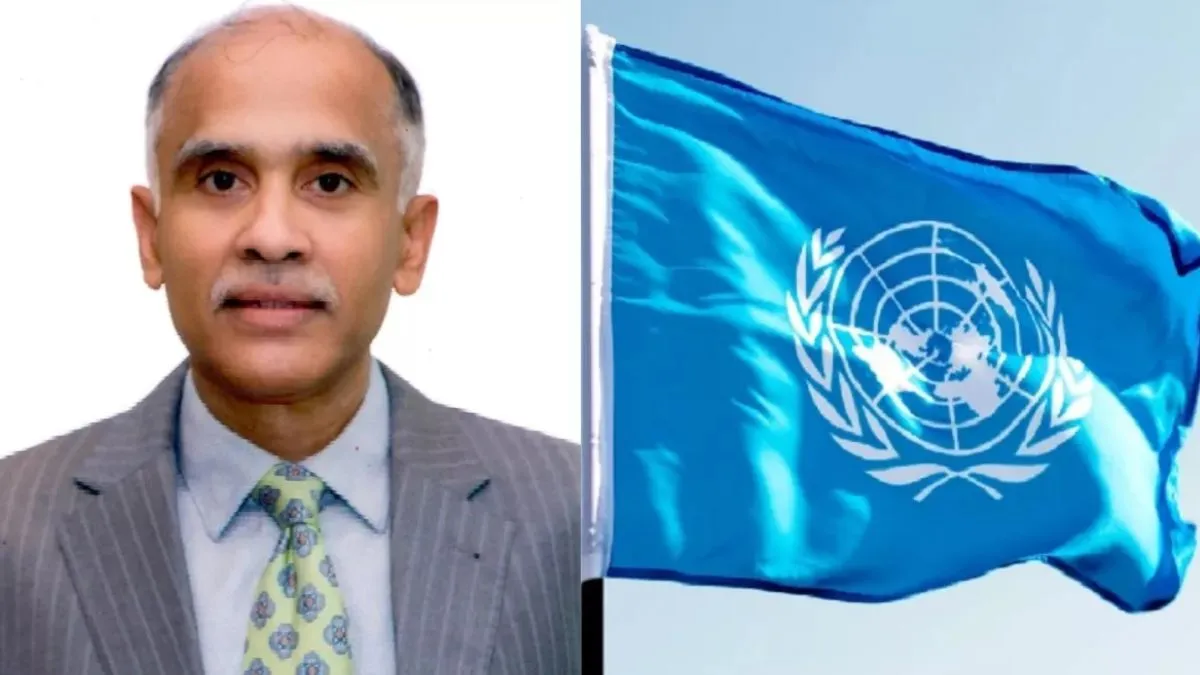- By Aditya Jha
- Fri, 28 Feb 2025 09:06 AM (IST)
- Source:JND
India on Thursday pointed out the “disguised veto” in the workings of the UN Security Council’s subsidiary bodies, emphasising that these bodies needed to be more transparent. India criticised UNSC for rejecting or putting hold requests to blacklist terror entities, adding that the list should be made public and should not be exclusively preserved by selected countries.
While speaking at the Inter-Governmental Negotiations Plenary, India's Permanent Representative at the UN, Ambassador P Harish stated that there was an immediate need for reform in the 15-nation Security Council and its working methods too. He stated that the UNSC subsidiary bodies need to be more transparent and peacekeeping mandates must be implemented.
“The demand in this Chamber for reforms is loud and clear. This call gains greater significance at a time when the world is expressing apprehensions at the ability of the United Nations to deliver, to meaningfully intervene on issues of key importance to humanity in different parts of the globe, particularly in the realm of peace and security – which remains the core mandate of the Council,” Harish said.
Harish also pointed out the specific areas where the urgent reforms were needed, adding that transparency in these bodies will make the functioning more efficient. “While decisions on listing are made public, details pertaining to rejection or putting on technical hold of listing requests are the exclusive preserve of a select few. This is indeed a disguised veto,” stated Harish.
He reiterated that the core architecture of the rules has not changed for eight decades, and it does not align with the current geopolitical situations. “The core architecture, which has remained unchanged for eight decades, is not in synchrony with today’s global realities. To realize its functional mandate, to match the expectations of the people, our citizens, and to maintain contemporary relevance, the Council needs to be made fit for purpose,” Harish said.

